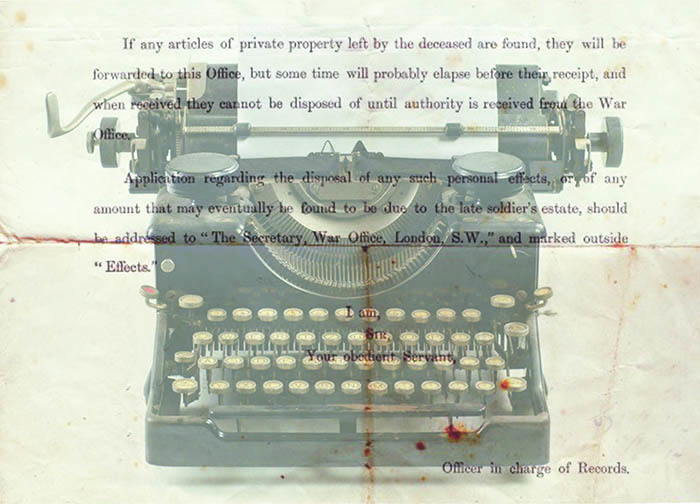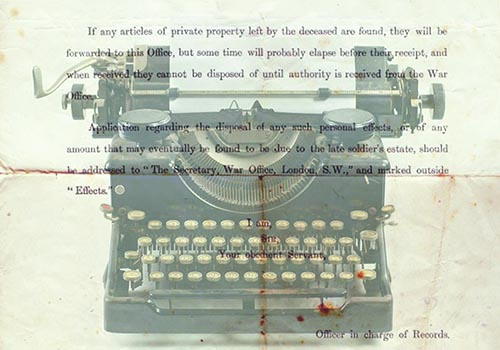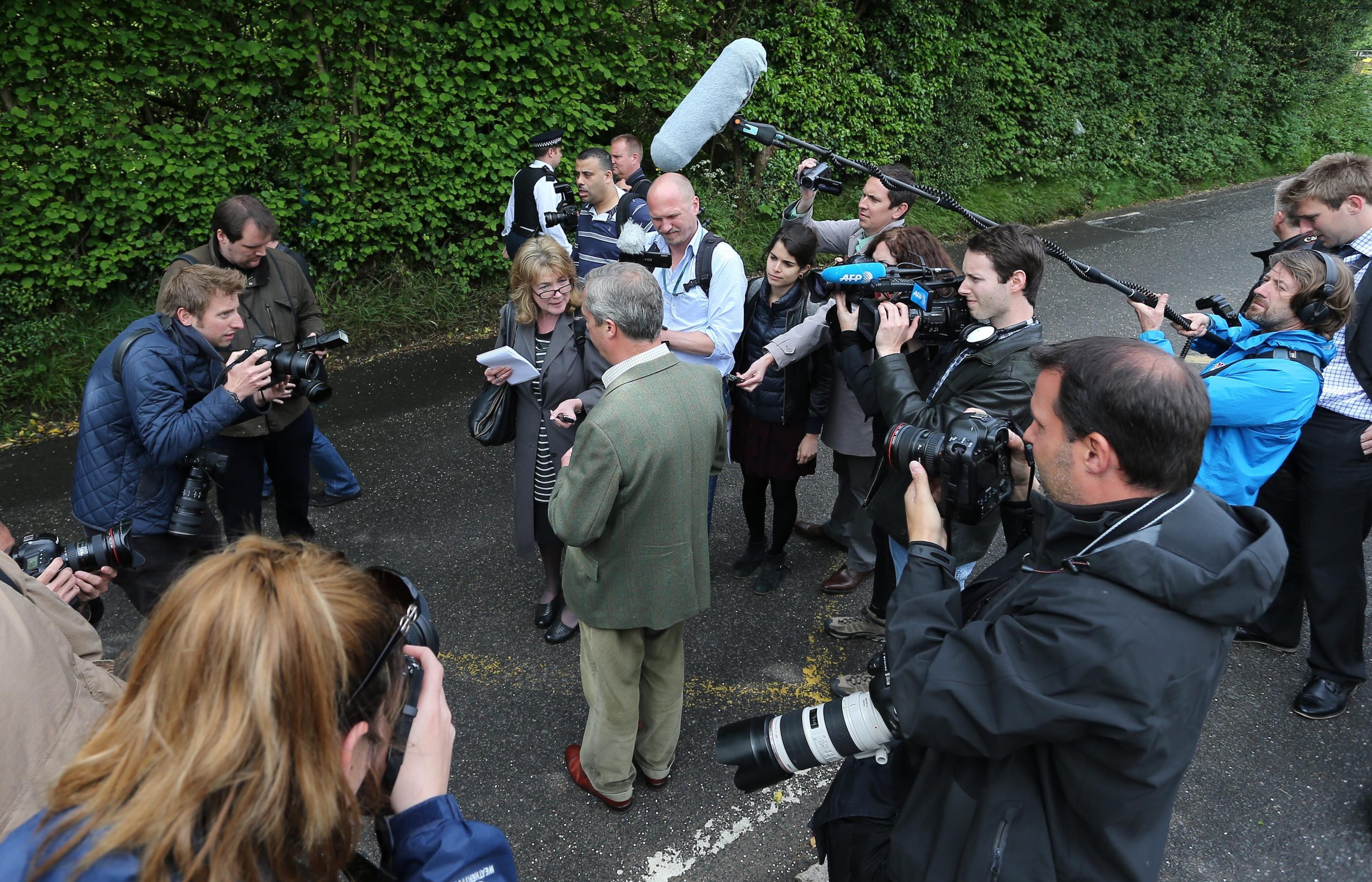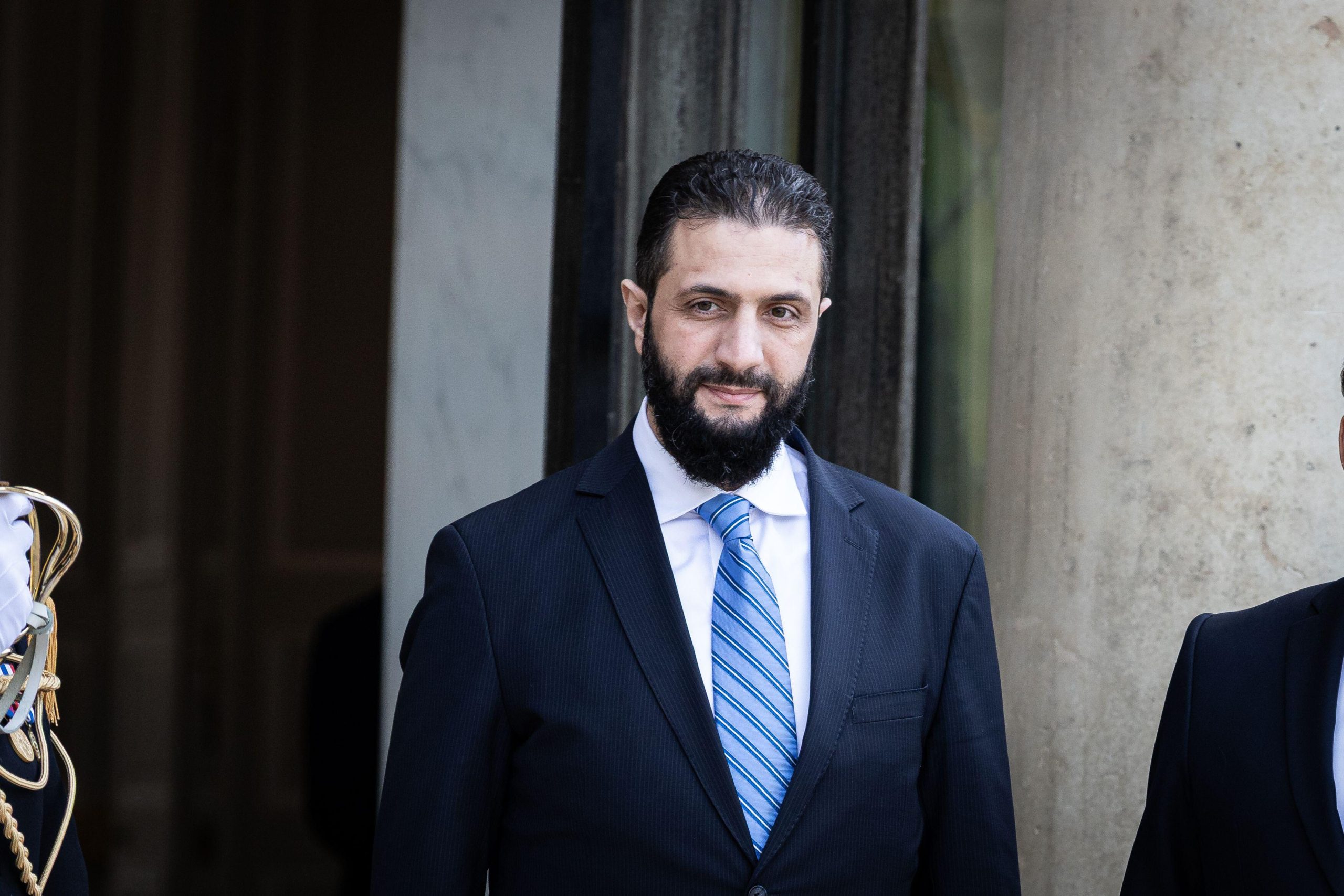[vc_row][vc_column][vc_column_text]

The flyer for master’s student James Oberhelm’s banned artwork “Effects” [The Enthronement]
The work by fine art student James Oberhelm is not being shown in full, but visitors to the exhibition in the art college are told by a flier that the rest of the exhibit has been censored.
The college, whose famous alumni include Peter Capaldi, Liz Lochhead and Charles Rennie Mackintosh, says the ban was in place because of concerns about its “inappropriate content”.
“Effects” [The Enthronement], which was scheduled for exhibition during the first day of Glasgow School of Art’s Interim Show this month, deals with the geopolitics of the Middle East, specifically the century between the 1916 Sykes-Picot Agreement, in which between Britain and France redrew the map of the Middle East, and now.
It was to include a video monitor playing two propaganda videos issues by Isis in 2014: one, entitled The End of Sykes-Picot, shows the destruction of part of the border between Iraq and Syria following the organisation’s capture of territories; the other, Kaser al Hudud, depicts bulldozers destroying the earthen wall along the same border.
A spokesperson for The Glasgow School of Art said: “We deemed the filmic material to be inappropriate for public display as we were concerned that the student’s use and distribution of that material could present an unacceptable risk for the student and the GSA.”
Oberhelm believes that this is the first time in the history of the Glasgow School of Art’s master’s course that such an instance of censorship has occurred, although a representative from the course was unavailable to confirm this. In another instance, a work was deemed too pornographic was granted a separate exhibition space with a disclaimer, Oberhelm said.
“The decision to censor appears to prioritise narrow political considerations over Glasgow School of Art’s own duties and interests: supporting artists in their responsibility to engage with the visual culture of our times, and to participate in meaningful dialogue with the society they are part of,” Oberhelm said in a press release.
A freedom of information request was made to the Glasgow School of Art, requesting: “all correspondence, information or documents held by the GSA regarding the decision to remove the piece…as well as the grounds for its removal.” The school has guaranteed a response no later than 6 June.[/vc_column_text][/vc_column][/vc_row][vc_row][vc_column][vc_basic_grid post_type=”post” max_items=”4″ element_width=”6″ grid_id=”vc_gid:1499266681383-29c4ff48-ceee-4″ taxonomies=”8321, 9050, 8401, 9052, 6839, 8964″][/vc_column][/vc_row]





